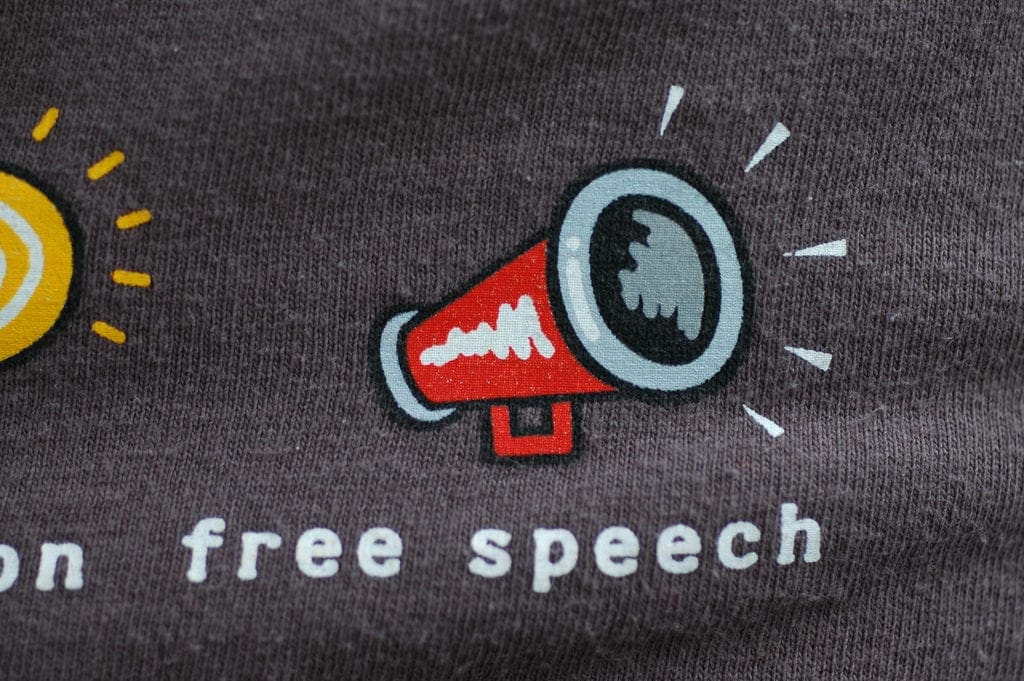On November 9, 2016, I was assaulted on my college campus. A fellow student decided to spit on me because I was wearing a Rand Paul t-shirt.
It was the day after the 2016 election and emotions were high. There is, however, no excuse for political violence, no matter how isolated and minuscule.

My story is just one of the thousands of examples of non-leftist students being attacked for free speech. This is why so few liberty advocates are willing to speak out: they are afraid of retribution, so they censor themselves. It gets even worse when campuses violate free speech through tyrannical speech codes.
This is why we must protect the voices of all college students. A university that suppresses the views of its students is anti-education. We learn from the marketplace of ideas. Free Speech is sacred to the pursuit of knowledge. So long as faculty, staff, administration, or fellow students shut down dissenting voices, academia can never claim legitimacy.
Free Speech on Campus is an Idea Whose Time Has Come
Fortunately, people are taking notice and are deciding to act on this problem. President Trump recently pledged to enact an executive order that will defund universities that disregard free speech. In Kentucky, State Representative Savannah Maddox has introduced House Bill 254 (which recently passed out of committee), a bill that will protect the free speech rights of students in public universities.
Some will object to such measures by claiming that free speech protection violates a university’s freedom of association. They have it backward. A private university can implement speech codes if they wish. That university, however, should not receive a penny of federal money. This is not forcing anyone to do anything. Rather, it is merely allowing taxpayers not to bankroll academic censorship.
Public universities are another story. While these universities can and should lose their federal funding if they censor students, most of their funds come from state governments. Since public universities are publicly owned, privatization is not an option in the status quo.
While that should be the end goal, we have to protect the fundamental liberties of students in the meantime. When faculty, staff, and administration of public universities suppress speech, they are using stolen tax dollars to censor students. Whereas public education is an extension of government, this is nothing short of state-sanctioned censorship.
In other words, censorship on public colleges is a form of systematic violence that defeats the very purpose of public education. We must defend the free speech of all students on public campuses and defund any private school (they do typically take federal funds for research and student loans/grants) that chooses to censor students. State-sanctioned censorship is state-sanctioned violence. You have no ethical obligation to fund an entity, whether it be public or private, that shuts down free thought.

























